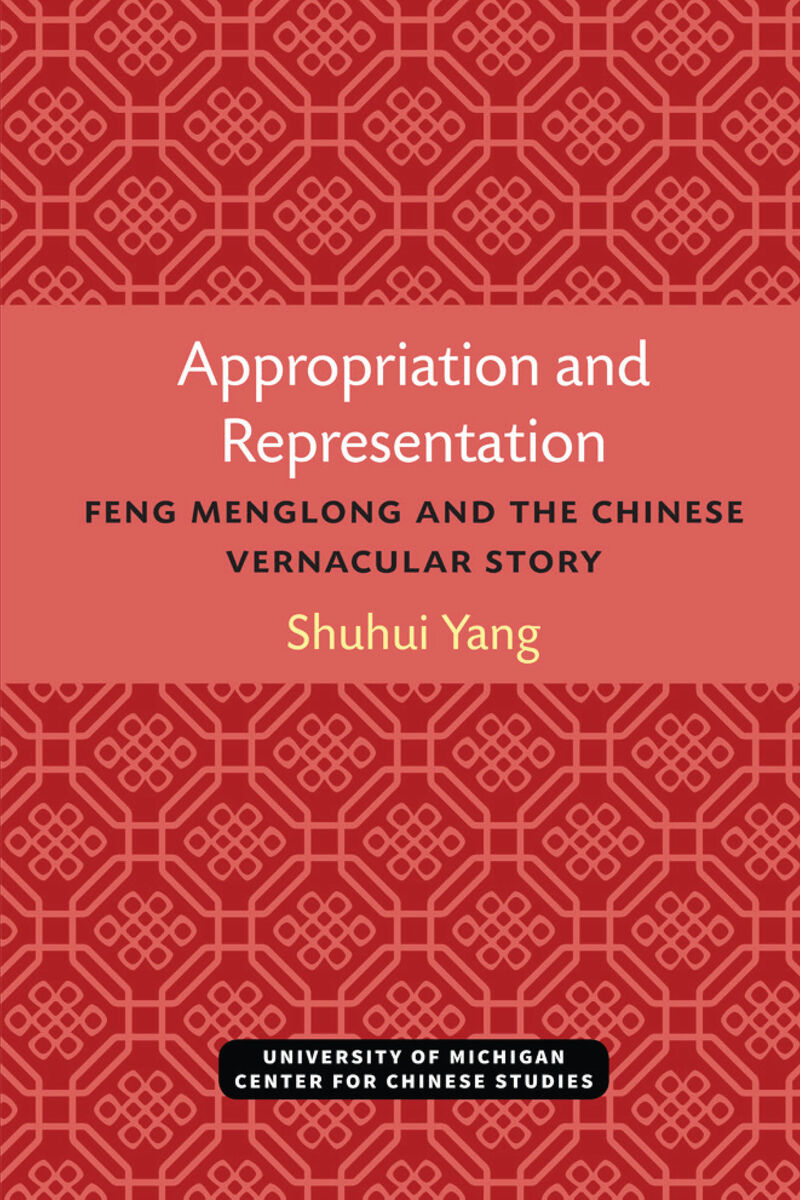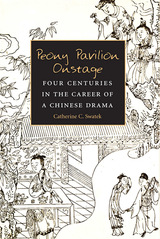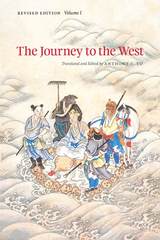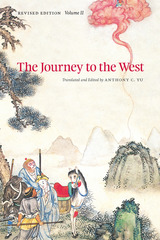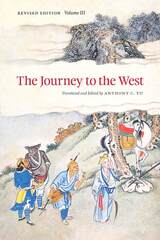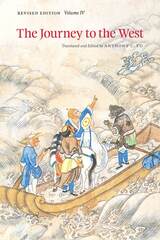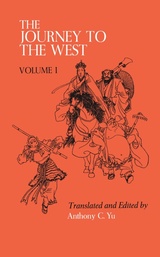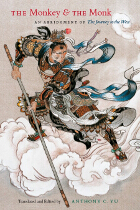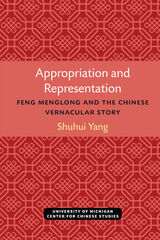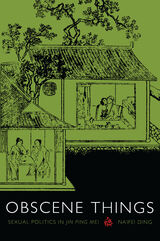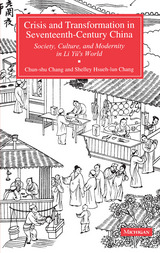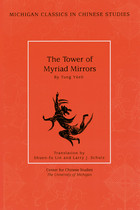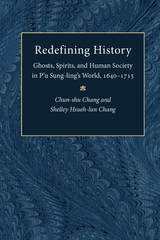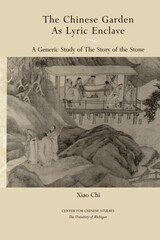Appropriation and Representation: Feng Menglong and the Chinese Vernacular Story
University of Michigan Press, 1998
Cloth: 978-0-89264-125-3 | Paper: 978-0-472-03810-7 | eISBN: 978-0-472-90151-7
Library of Congress Classification PL2698.F4Z98 1998
Dewey Decimal Classification 895.134609
Cloth: 978-0-89264-125-3 | Paper: 978-0-472-03810-7 | eISBN: 978-0-472-90151-7
Library of Congress Classification PL2698.F4Z98 1998
Dewey Decimal Classification 895.134609
ABOUT THIS BOOK | AUTHOR BIOGRAPHY | TOC | REQUEST ACCESSIBLE FILE
ABOUT THIS BOOK
Feng Menglong (1574–1646) was recognized as the most knowledgeable connoisseur of popular literature of his time. He is known today for compiling three famous collections of vernacular short stories, each containing forty stories, collectively known as Sanyan.
Appropriation and Representation adapts concepts of ventriloquism and dialogism from Bakhtin and Holquist to explore Feng’s methods of selecting source materials. Shuhui Yang develops a model of development in which Feng’s approach to selecting and working with his source materials becomes clear.
More broadly, Appropriation and Representation locates Feng Menglong’s Sanyan in the cultural milieu of the late Ming, including the archaist movement in literature, literati marginality and anxieties, the subversive use of folk works, and the meiren xiangcao tradition—appropriating a female identity to express male frustration. Against this background, a rationale emerges for Feng’s choice to elevate and promote the vernacular story while stepping back form an overt authorial role.
See other books on: Appropriation | Chinese Vernacular Story | Folk literature, Chinese | Representation | Women in literature
See other titles from University of Michigan Press
